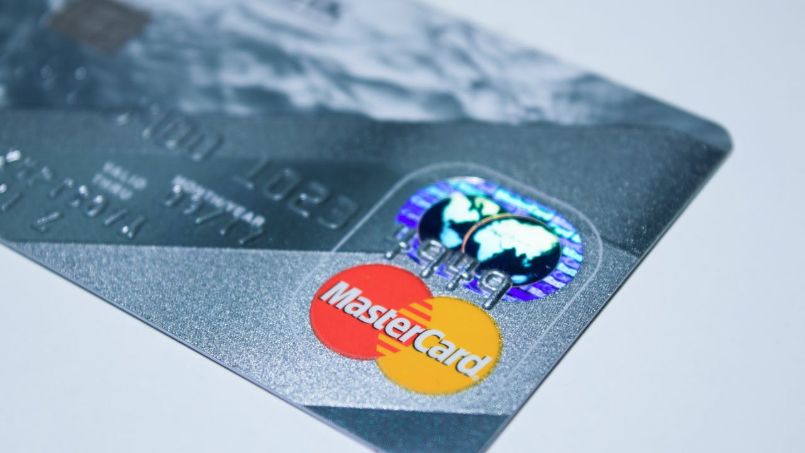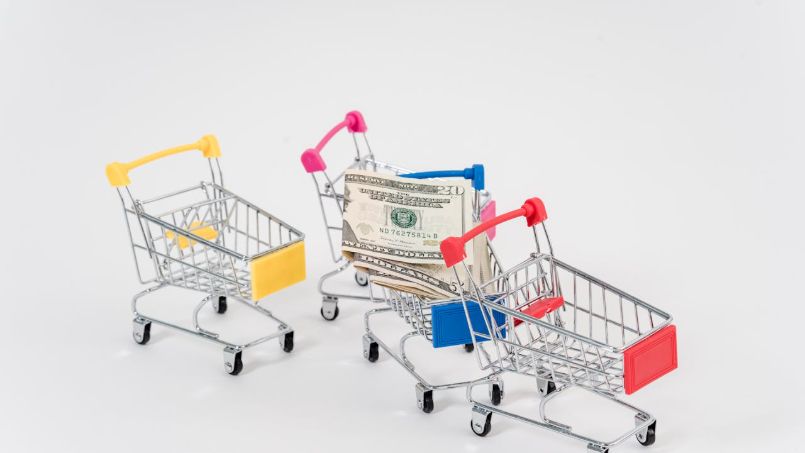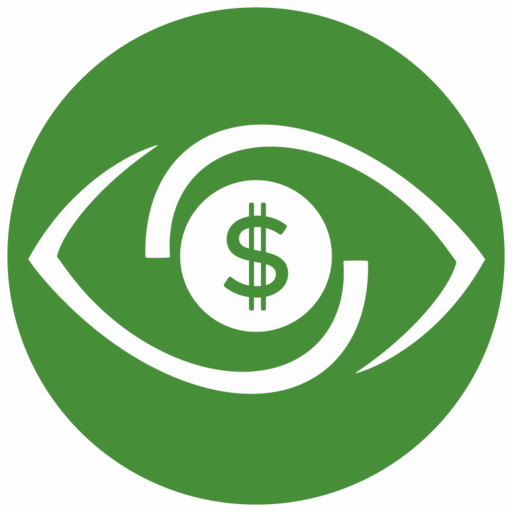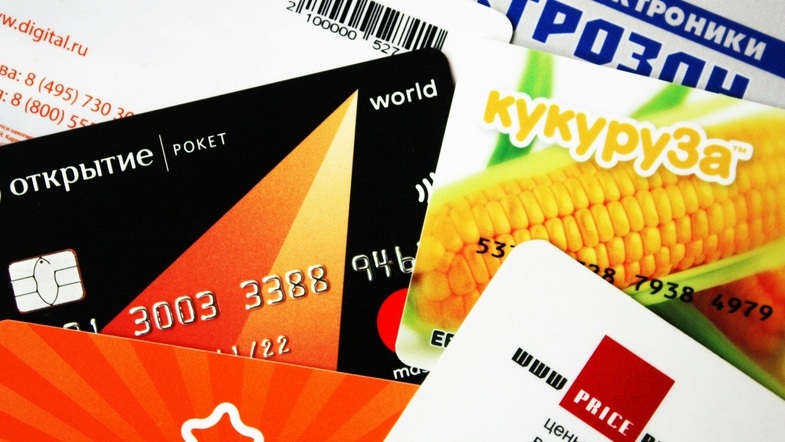Maxing out a credit card can lead to a cascade of financial challenges. While credit cards offer convenience, reaching your limit can have significant repercussions. Understanding the consequences can help you make informed decisions and avoid potential pitfalls.
1. Interest Charges Skyrocket

When you max out your credit card, the interest charges can quickly escalate. Credit card companies typically have high interest rates, and carrying a large balance means more interest accrues each month. If you’re only making minimum payments, the amount you owe can balloon, making it difficult to pay off the debt. To learn more about managing credit card debt, consider reading this Capital One guide.
2. Credit Score Takes a Hit

Your credit score is significantly affected by your credit utilization ratio. Maxing out your card increases this ratio, which can negatively impact your score. A lower credit score can affect your ability to secure loans or favorable interest rates in the future. Monitoring your credit score regularly can help you understand and manage its fluctuations.
3. Debt-to-Credit Ratio Increases

A high debt-to-credit ratio indicates that you are using a large portion of your available credit. This can be a red flag to lenders, suggesting that you might be overextended financially. Keeping your ratio low is crucial for maintaining a healthy financial profile. For more insights, explore this NerdWallet article on credit card management.
4. Limited Spending Power

Once your card is maxed out, your spending power becomes severely limited. This can be especially problematic in emergencies when you might need access to additional funds. It’s essential to have a plan in place to manage expenses and avoid relying solely on credit cards for unexpected costs.
5. Difficulty in Securing New Credit

Maxing out your card can make it challenging to secure new credit lines. Lenders may view high credit utilization as a sign of financial instability. If you’re planning to apply for a loan or another credit card, it’s critical to address your current balances first. Check out this resource for more information.
6. Risk of Penalty Fees

Maxing out your card may lead to penalty fees if you exceed your credit limit or miss payments. These fees can add to your financial burden, making it even more challenging to get back on track. It’s important to review the terms of your credit card agreement to understand any potential fees you might incur.
7. Increased Financial Stress

The pressure of managing maxed-out credit cards can lead to significant financial stress. Constantly worrying about payments and interest can take a toll on your mental and emotional well-being. Taking proactive steps to manage your debt can help alleviate some of this stress. For tips on handling credit card debt, consider reading this CNET article.








Leave a Reply